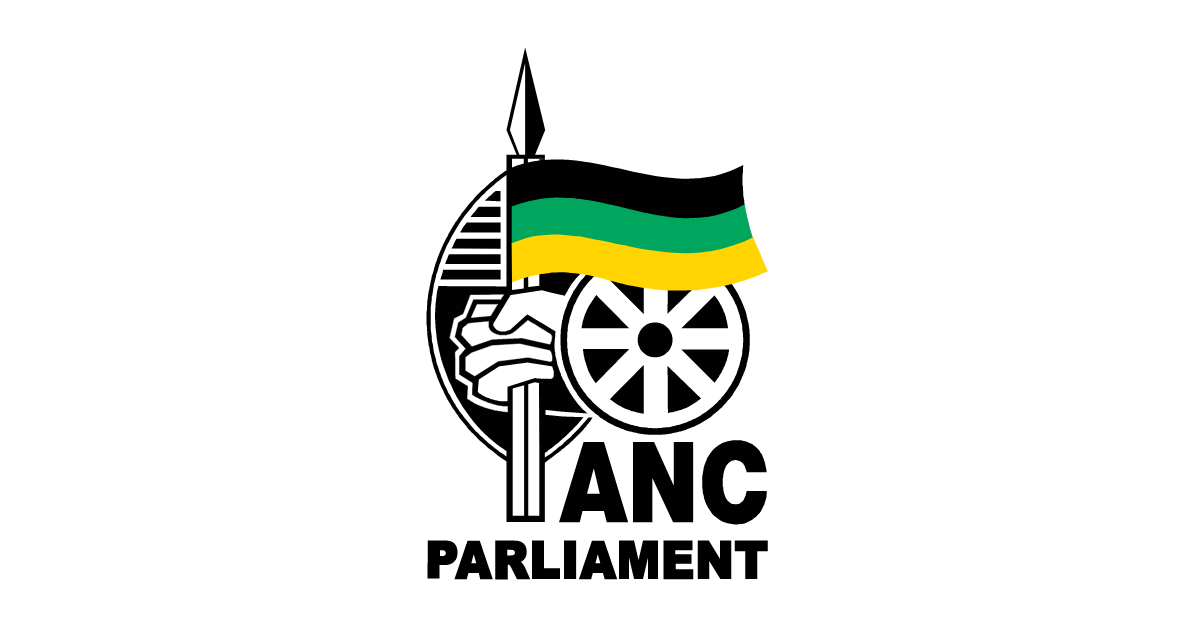24 July 2025
On Wednesday, 23 July 2025, the National Assembly, following the conclusion of its Budget Vote Debates on departmental budgets, considered and voted on the 2025/26 Appropriation Bill. This marked a critical stage in the national budget process, as the House decided on the allocation of funds to various government departments and programmes.
It is heartening to note that most political parties in the National Assembly placed the needs of the people of South Africa first, rather than play palace politics. The 2025/26 Appropriation Bill authorises government spending and allocates funds to departments and entities, divided into budget votes, each corresponding to a specific government department or entity for things like operations and service delivery. It follows the Division of Revenue Bill, passed on 26 June, which determines how funds are shared between national, provincial, and local government. The Appropriations Bill is ultimately about the national interest and keeping the country functioning- responsibly, transparently and accountably.
As we celebrate the 70th anniversary of the Freedom Charter, this Bill, using the Charter as a blueprint seeks to address the rising cost of living; social wage; access to adequate housing, health, education and job creation. It augments the budget for social grants by R1.6bn in the 2025/26 financial year to cushion an estimated 45% of the population reliant on social grants against the effects of the rising cost of living. We also welcome the continuation of the SRD grant until March 2026 as an income cushion for the unemployed against destitution, whilst acknowledging that the grant has fallen far behind both inflation and the official food poverty line
By continuing to create work, the Bill allocates additional funding of R1.3 billion towards the Social Employment Fund thereby creating approximately 50,000 temporary job opportunities through the Presidential Employment Initiative. Additionally, 50,000 jobs will be created in the Global Business Service (GBS) sector. It also allocates R350mn towards creating an estimated 152,000 job opportunities through the Presidential employment initiative in 2025/26FY, while allocating R10.3bn towards the Community Works Programme to provide 178,860 unemployed individuals with a source of income.
Through leveraging the Appropriation Bill as a large-scale developmental financing instrument for fostering sustainable infrastructure development, economic growth, structural transformation, investment, and industrialisation, we see the allocation of R15.3bn towards the Education Infrastructure Grant. This will advance the construction, maintenance, and upgrading of public school infrastructure, given persistent school challenges, including schools without access to water, electricity, or adequate sanitation; unsafe and inappropriate pit toilets; overcrowded classrooms; and crumbling buildings. An amount of R5.3bn is allocated over the MTEF to the University and the TVET infrastructure efficiency grants to address capacity pressures in key areas such teaching & learning and student accommodation, while acknowledging this allocation is not enough and therefore may hinder efforts to enhance University/TVET capacity.
The Appropriation Bill allocates R10.3 billion in 2025/26FY to the National School Nutrition Programme to eliminate poverty and food insecurity through providing meals to over 9 million learners in 19,800 public schools. An allocation of R13.6 billion to Early Childhood Development (ECD) Grant and an additional R10 billion over 3 years raises the ECD subsidy from R17 to R24 per child per day and extends coverage to 700,000 more children. Safeguarding 5,500 teacher posts and creating new job opportunities for approximately 1,000 teachers, ensures that we work towards ensuring a sufficient supply of qualified and motivated teachers to meet the needs of its learners and contribute to a high-quality education system.
We are actively working to increase the number of healthcare professionals within the health sector and this Bill provisionally allocates R20.8 billion over the MTEF to public health for, amongst other things, absorbing 800 unemployed doctors who have completed their community service and safeguarding about 4,700 health posts. The Health Facility Revitalisation Grant to receives an injection of R7.2 billion to fund strategic infrastructure projects in the healthcare sector, including the construction and completion of the planned 448-bed Limpopo Academic Hospital and 350-bed Siloam District Hospital in Limpopo.
The role of the Appropriation Bill in improving the professionalisation of public service to deliver quality basic education, healthcare, and criminal justice services to poor South Africans is vital. This is evident in the allocation of R23bn to build capacity within SAPs by reinforcing measures that promote accountability and by ensuring that SAPs remains focused on its mandate of law enforcement and public safety, free from political influence.
In emphasising the fiscal strategy of the Appropriation Bill to address the everyday realities of South Africa, it must be borne in mind that Bill allocates above-inflation increases to most departmental votes across different clusters. Further, this Bill is not austere as some would argue, but rather, is predicated on South Africa’s limited fiscal space, that is, while government expenditure outpaces government revenue, this Bill makes essential investments in social and economic infrastructure.
The ANC welcomes the adoption of the Appropriation Bill without amendments. It will now be sent to the National Council of Provinces for concurrence.
Issued by the Office of the Chief Whip, Cde Mdumiseni Ntuli
For enquiries, please contact
Cde Hlengiwe Hadebe
Media Liaison Officer
+27 64 147 3276
ANC PARLIAMENTARY CAUCUS WELCOMES THE PASSING OF THE APPROPRIATION BILL IN THE NATIONAL ASSEMBLY, PUTTING SOUTH AFRICA FIRST


